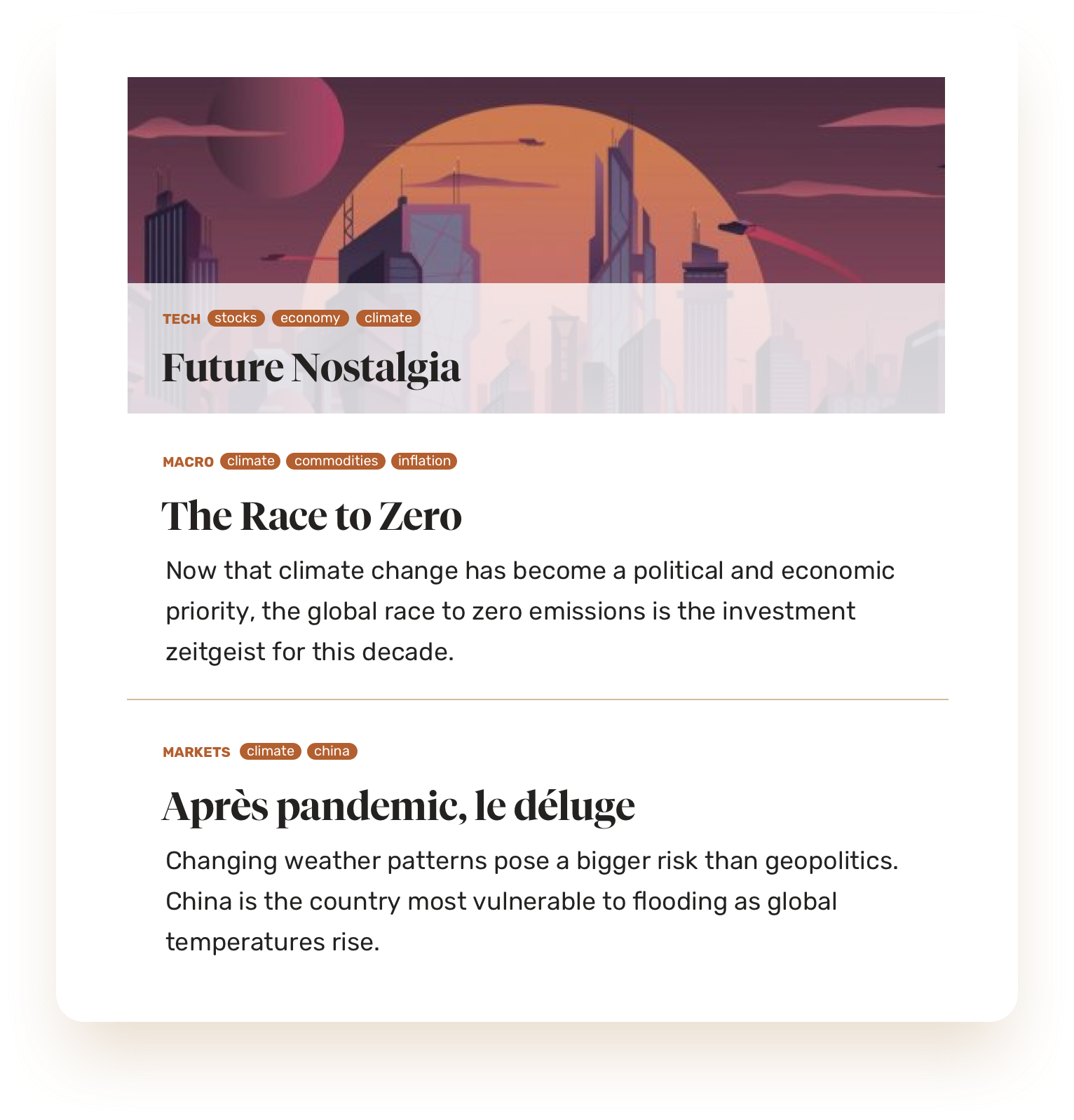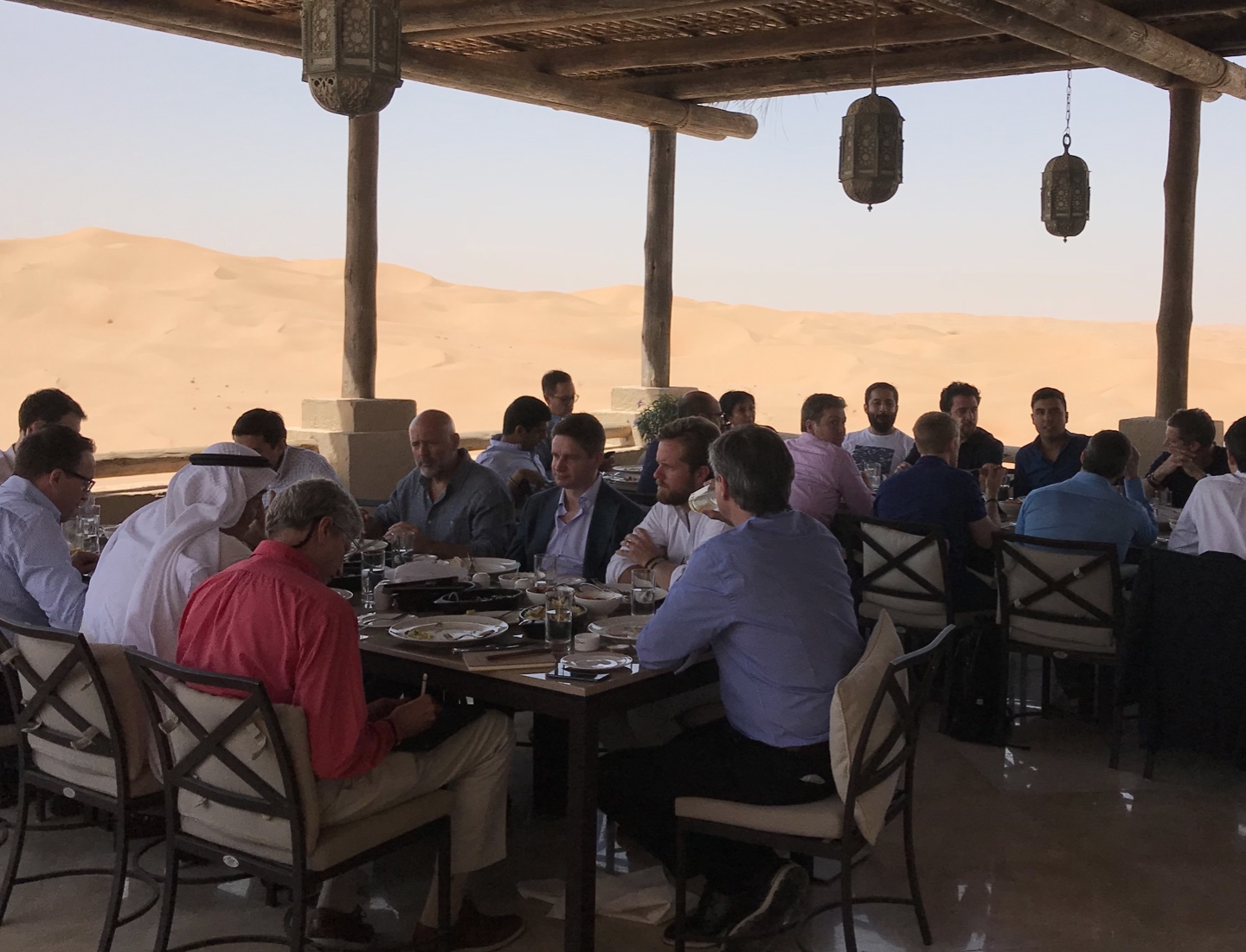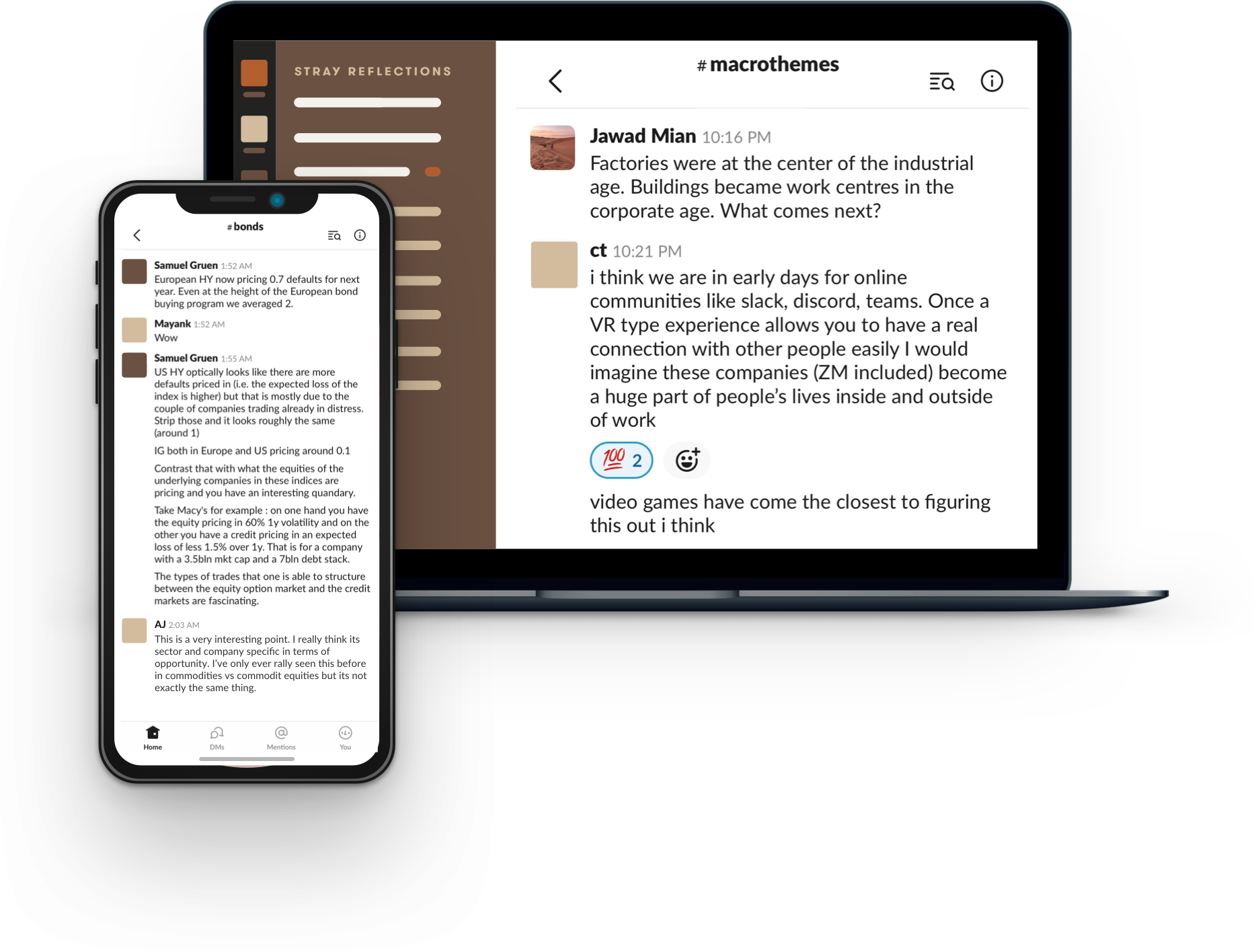Tom Shadyac seemed to have it all—a multimillion-dollar career directing films like Ace Ventura, The Nutty Professor, and Bruce Almighty, a 17,000-square-foot art-filled mansion, fancy cars, invitations to extravagant parties, and friendships with other famous people. It was a life many people today dream about because it matches our modern culture’s definition of success and achievement.
Tom had everything that he was taught was a measure of “the good life,” yet he was not happy. There was a nagging feeling of emptiness inside. Then, in 2007, Tom was gripped by a crippling form of postconcussion syndrome after a serious bicycle accident. This was life-changing.
“Facing death can be a powerful motivator,” he later explained. “I began to wake up to principles… I saw through the veil.” Already disillusioned with the way society was organized, Tom sought to reorient and simplify his life. And he felt compelled to share his journey from crisis to contentment in an engaging and intellectually challenging documentary film called I Am. Tom attempts to answer the two big questions that inhabited him: What’s wrong with our world? And what can we do to make it better?
As he sets out with renewed vigor to identify the underlying cause of the world’s ills, he explores the work of scientists and the eternal wisdom of the great poets, saints, and philosophers. He also interviews eminent thinkers and writers of the day, from Desmond Tutu to Noam Chomsky. His findings challenge our preconceptions about human behavior and what we have widely accepted as the “truth.”
First, it has been scientifically proven that the entire human race is connected. The string theory and quantum entanglement shows that this has more to do with the design of the universe than the simple fact that we are all humans. We are all wired to be compassionate; thus, some of the key sources of deep contentment are having many positive relationships, doing random acts of kindness, and serving others.
Second, society is at fault for training us from an early age to be goal-driven instead of values-driven. These goals separate us and make us feel competitive. And when we inevitably don’t meet our goals, we feel sad, upset, angry, or tense. Actually, cooperation, rather than competition and “survival of the fittest,” is nature’s most fundamental operating principle. True human nature is to cooperate and unite.
Third, Tom learned that the heart, not the brain, may be our primary organ of intelligence and that human consciousness and emotions can actually affect the physical world. Yet we often denigrate the “emotional” heart for the “logical” and “rational” brain.
In a well-known Hadith Qudsi, God reveals, “I, who cannot fit into all the heavens and earth, fit in the heart of the sincere believer.” In his poetry, Rumi implores God to open his heart in the way that He causes the rose to expand in full-blown beauty, not his brain. And Confucius says, “Wherever you go, go with all your heart.”
Fourth, and most important, part of what’s wrong with our world is that ours is a culture in which the pursuit of pleasure and the acquisition of “things” are seen as the ultimate measure of one’s happiness. This violates a fundamental law that all of nature obeys and mankind breaks every day: nothing in nature takes more than it needs. And when something does, it becomes subject to this law and dies off.
Tom narrates in I Am: “A tree does not take all of the soil’s nutrients, just what it needs to grow. A lion does not kill every gazelle, just one. We have a term for something in the body when it takes more than its share. We call it cancer.”
The predicament of modern humanity, caught up in the quest for wealth and power with an ever-growing addiction to materialism, is that humans often take far more than they need by living excessively. Humans ignore the wisdom of St. Augustine, “Determine how much God has given you and take from it what you need; the remainder is needed by others.” Or as Gandhi put it, “Live simply, so others may simply live.”
Reflecting on his own awakening, Tom proclaims, “There’s nothing wrong with making a lot of money. I was just taking in a lot more than I needed, and this wasn’t good for me. I simply met myself at my needs.”
At the end of I Am, Tom tells the story of when a newspaper invited essays on the topic, “What’s Wrong with the World?” esteemed writer G. K. Chesterton, often referred to as the prince of paradox, sent in the succinct response:
Dear Sirs:
I am.
Sincerely Yours,
G. K. Chesterton.
We all have the power to be what’s right in the world.

Photo: Universal Pictures





